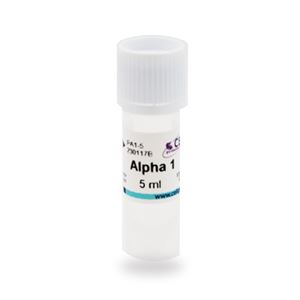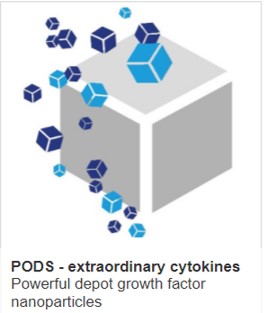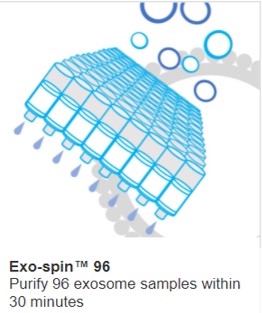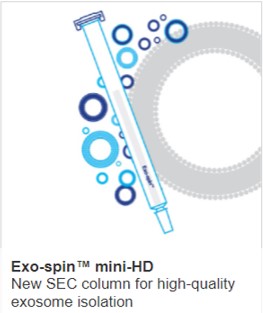PeptiGel: Revealing a Link Between Tumor Stiffness and Immune Suppression

When researchers at the University of Helsinki set out to understand how the mechanical properties of breast tumors affect immune cell behavior, they needed a culture system that could faithfully recreate different tissue environments. Their choice of PeptiGel as a 3D culture matrix proved instrumental in uncovering a surprising mechanism of immune suppression in breast cancer.
Studying Mechanics Without Chemical Interference
Traditional 3D culture systems like Matrigel contain numerous growth factors that can confound experimental results. The research team, led by Drs. Juha Klefström and Pauliina Munne, needed something different: a bioinert matrix that would allow them to study purely mechanical effects on patient-derived breast cancer explants (PDX) containing resident immune cells.
While they initially used Growdex nanocellulose gels, they encountered a critical limitation: the stiffer formulations couldn't maintain their mechanical properties during long-term cultures, dissolving into the culture medium. This is why they turned to PeptiGel.
Why PeptiGel Made the Difference
PeptiGel's self-assembling peptide technology offered several crucial advantages:
Stable, tuneable stiffness: Unlike other matrices, PeptiGel maintained consistent mechanical properties throughout extended culture periods. The team could create soft matrices (~150 Pa) and stiff matrices (~6.5 kPa) that remained stable, allowing them to conduct rigorous comparisons.
Clean dissociation: Flow cytometry analysis, which was critical for identifying immune cell populations, was straightforward with PeptiGel. The matrix could be easily broken down without damaging delicate immune cells, something that proved challenging with nanocellulose.
Bioinert composition: PeptiGel provides a blank canvas for understanding and dissecting data as it lacks the confounding growth factors found in animal-derived products, such as Matrigel, ensuring that any effects observed were due to mechanical properties, not hidden chemical signals.
Groundbreaking Discoveries
Using PeptiGel, the researchers made a striking discovery: soft tumor environments triggered a cascade of immunosuppressive changes. In soft matrices, they observed:
- Dramatic loss of CD8+ T-cells: Cytotoxic effector memory T-cells—the immune system's cancer-fighting soldiers—dropped from 10% in fresh tumors to just 0.5% in soft matrix cultures
- Macrophage polarization: Macrophages shifted toward an M2 phenotype that tends to promote tumor growth
- Upregulation of suppressive signals: Soft conditions triggered tumor cells to produce FGF2 and prostaglandin E2, both potent immune suppressors
Critically, these experiments in PeptiGel confirmed that the mechanical environment itself, not just chemical signals, directly influences immune cell behavior through tumor cell responses.
Implications for Cancer Research
This work demonstrates that local softening of tumors (which occurs during necrosis, after chemotherapy, or at metastatic sites) may create "immune cold" zones where cancer cells evade immune surveillance. The findings suggest new therapeutic strategies targeting the COX2-FGF2 pathway could help restore anti-tumor immunity, particularly in metastatic breast cancer. For cancers in general, the correlation is not clear cut. For example, prostate cancer progression is associated with high levels of stiffness.
A Reliable Tool for Mechanobiology
For researchers studying mechanobiology, tissue engineering, or tumor microenvironments, PeptiGel proved to be more than just a culture substrate. it was an enabling technology. Its ability to maintain defined mechanical properties while supporting complex, multi-cellular cultures makes it invaluable for dissecting how physical forces shape biological outcomes.
IMAGE How elasiticity shapes breast cancer CREDIT Peura et al cc4.0
Learn more about powerful technologies that are enabling research:





